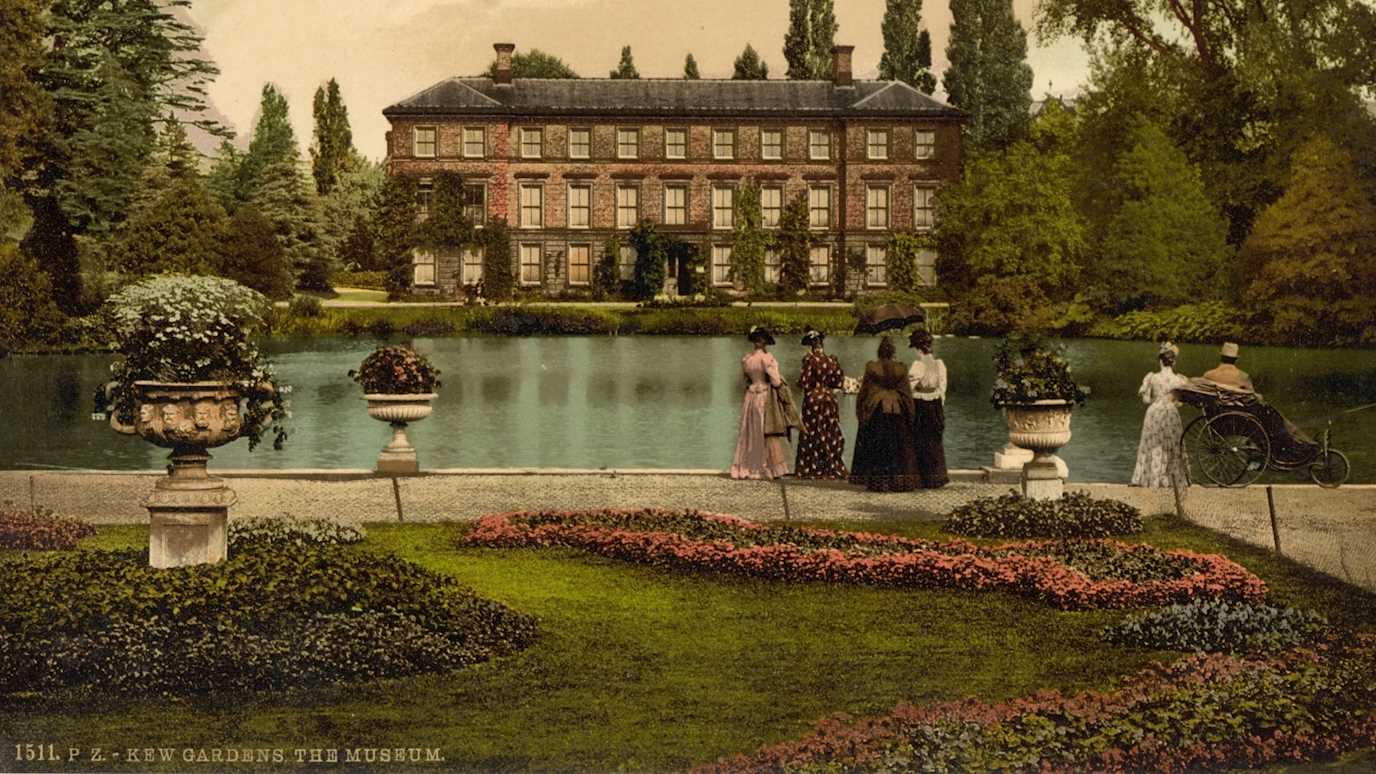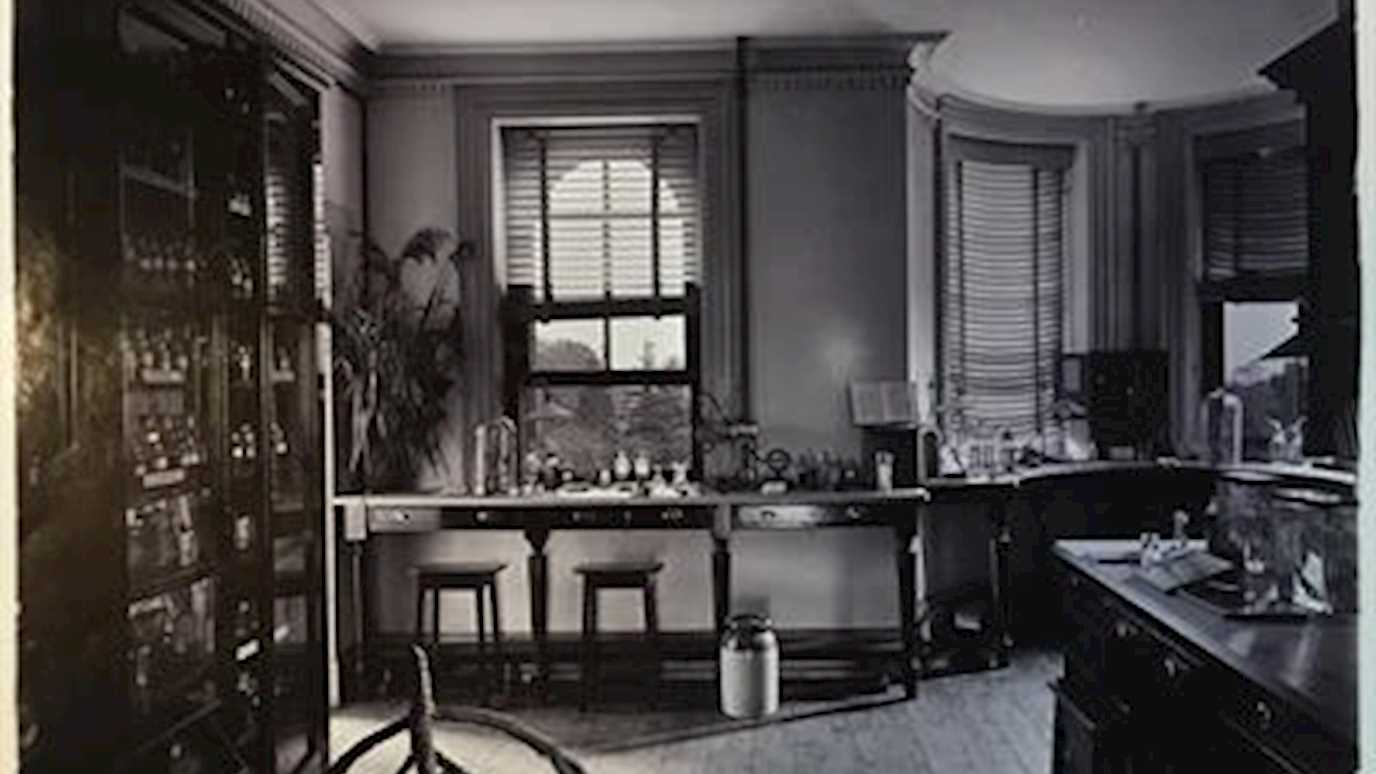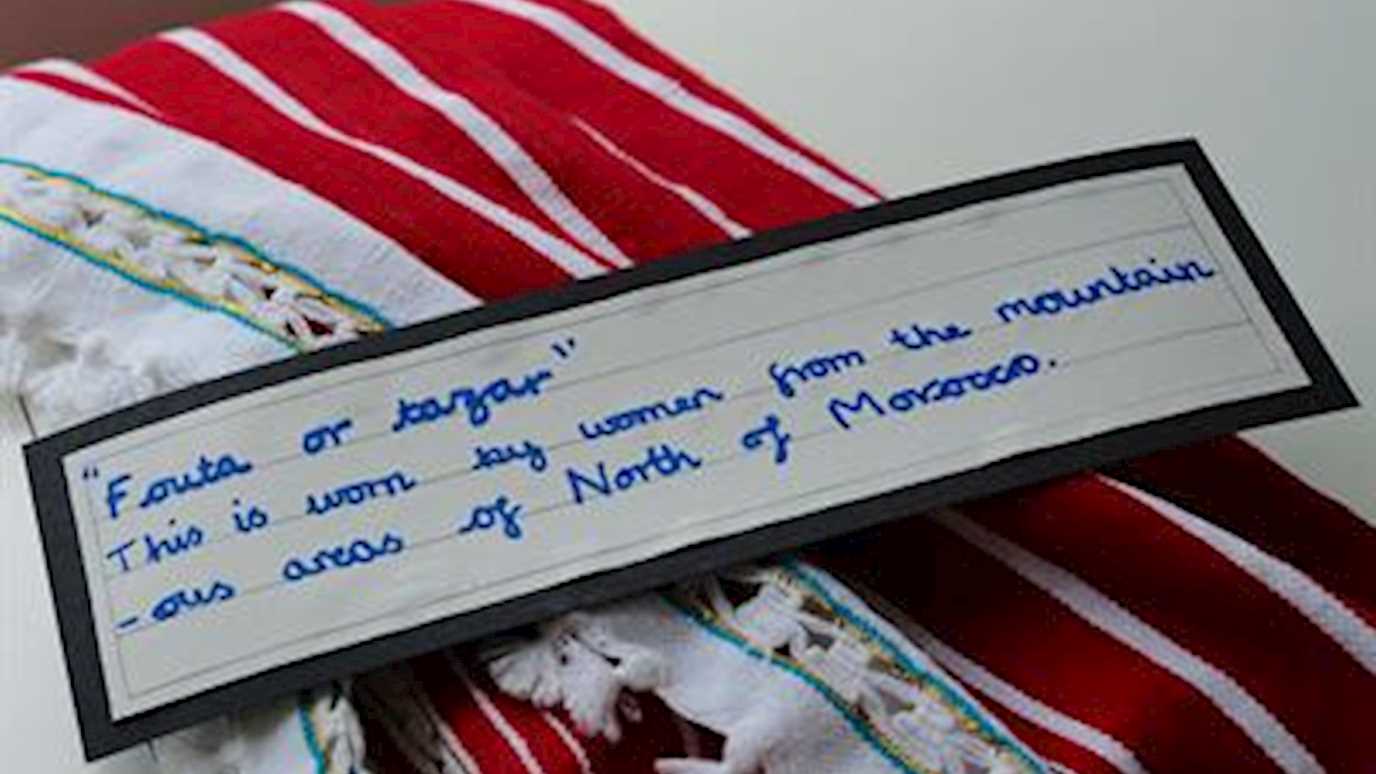Posted on 28/09/2018 by Laura Newman
As the educational historian for the Mobile Museum project, I have spent a lot of time since January trying to trace the often forgotten histories of school museums.
William Bird's letter requesting 'seeds, vegetable curiosities etc' for his school in St Austell, 4 Sept 1894
As part of this, I spent a few days this summer at the Cornwall Records Office in Truro looking at school log-books. Although it was mostly London schools that received Kew specimens, a key aim has been to try to understand the ways in which the regional diversity of schools receiving specimens was reflected in the different uses of plants in the classroom. I selected Cornwall because a surprisingly large and complete number of archival records for schools that received Kew specimens have survived for this area. Between 1896 and 1908, a total of nine Cornish schools received specimens.
Log-books are critical resources for the historian of education. They can be understood broadly as sorts of diaries for headteachers. Some are fairly sparse and routine in the information they provide us. Others, however, are more idiosyncratic and anecdotal, and provide a much richer picture of school life. Such a log book was kept by a Plymouth-born headteacher named William Charles Bird (1855-1935) at the Central Board School for Boys in St Austell in Cornwall.
By the time we first come across Bird’s account of school life in St Austell in the late 1880s, the town was host to a booming white clay industry that eventually earned the town the nickname ‘Clayopolis’. By the early 1890s, Bird’s school was one of the largest in the St Austell area, with around approximately five hundred students on the books.
The log-book for this school reveals Bird to be a prolific collector and curator who was passionate about the potential of specimens to enliven the classroom in a number of ways. He first began collecting for the school museum in 1894, including specimens of cocoa, mustard, soap, matches and fish hooks. Many of these he chose to display on the school walls rather than in the cupboard as part of his attempt to keep his classrooms as "bright and cheerful as possible”. Bird received some forty-five objects from Kew for his museum in 1900. In an Inspectors’ report from the same year (which was lovingly recorded by Bird in his logbook) the school museum was praised as “one of the best in the district”. Alongside the school museum Bird exhibited his own collections of shells, minerals, coins, eggs, and microscopic slides as a regular treat for well-performing students, writing that “they are all eyes and ears at this sort of thing”. He also encouraged his own students to collect specimens. Bird’s dedication to using objects in teaching shows not only his own enthusiasm for natural history topics, however, but also his dedication to providing an education based around “common sense ideas”. This was not an uncommon attitude amongst many teachers at this time; many thought it was important to shape the curriculum according to the future economic prospects of sons of farmworkers or miners who would have most likely followed into the same profession.
The log-books of teachers such as William Bird also provide fascinating insights into the unique idiosyncrasies of life as a Cornish school teacher. For example, a teacher from St Mawgan complained in 1887 that “the health of a great many children is greatly impaired by the improper food consumed for dinners, viz. – pasties”. Other log book entries make reference to the parents of children taking part in St Austell’s famous 1913 China Clay strike. Other entries provide snippets of school life not much unlike our own, for example in 1911 when Bird banned chewing gum from his school as he had received “complaints of boys having had ‘chewing gum’ stuck to their hair by other boys […] The parents to get the wretched stuff off have had to cut the hair close to the head”.
I will be spending October in Lancashire looking at their school records, and hope I have the chance to come across another log-book as detailed and rich as William Bird’s.
























